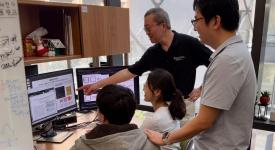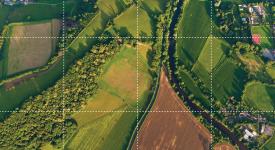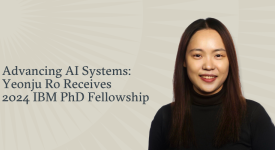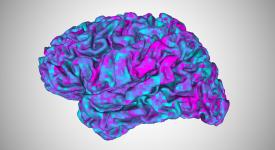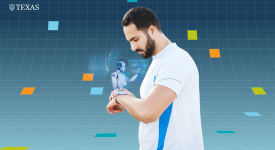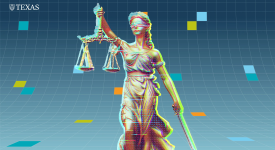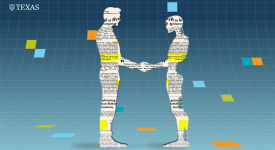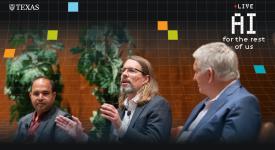UT Expands Research on AI Accuracy and Reliability

07/29/2025 - Big news from UTCS: With renewed funding from the National Science Foundation, IFML researchers are expanding their work to make AI more accurate, reliable, and ready for the real world. This critical research will strengthen how AI systems function — and accelerate progress in science, technology, and workforce innovation.




